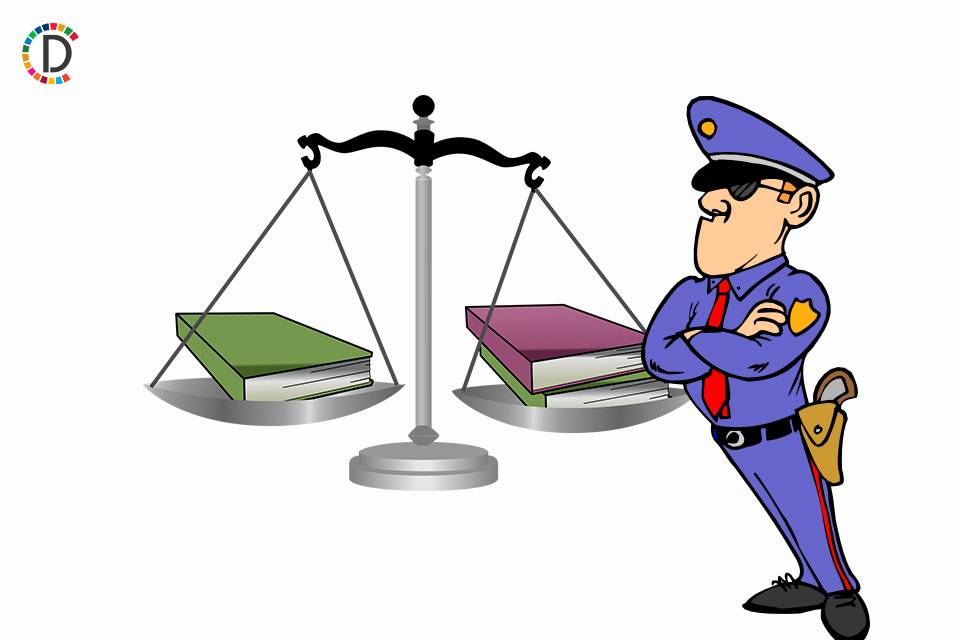Tensions raised before Israeli nationalist march in East Jerusalem
Assailing the march as a "provocation", Palestinians called for "Day of Rage" protests in Gaza and the Israeli-occupied West Bank, with memories still fresh of confrontations between Israeli police and Palestinians during the Muslim holy month of Ramadan. "We warn of the dangerous repercussions that may result from the occupying power's intention to allow extremist Israeli settlers to carry out the Flag March in occupied Jerusalem," Palestinian Prime Minister Mohammad Shtayyeh said.

Far-right Israeli groups plan to march in East Jerusalem on Tuesday in a flag-waving procession that risks reigniting tensions with Palestinians and poses an early test for Israel's new government. Several hours before the event was due to start, incendiary balloons launched from Gaza caused several fires in fields in Israeli communities near the border with the Palestinian enclave, witnesses and the Israeli fire brigade said.
Such incidents had stopped with a ceasefire that ended 11 days of cross-border fighting last month between Palestinian militants in Hamas-ruled Gaza and the Israeli military. The marchers hope to pass through Jerusalem's walled Old City, which is home to shrines sacred to Judaism, Islam and Christianity and is the most sensitive site in the Israeli-Palestinian conflict.
But a route of blocked-off streets published by police showed that marchers would not go through Damascus Gate, the main entry to the Muslim quarter, in an apparent attempt by Israeli authorities to avoid friction with Palestinians. Assailing the march as a "provocation", Palestinians called for "Day of Rage" protests in Gaza and the Israeli-occupied West Bank, with memories still fresh of confrontations between Israeli police and Palestinians during the Muslim holy month of Ramadan.
"We warn of the dangerous repercussions that may result from the occupying power's intention to allow extremist Israeli settlers to carry out the Flag March in occupied Jerusalem," Palestinian Prime Minister Mohammad Shtayyeh said. The march was originally scheduled for May 10 as part of "Jerusalem Day" festivities that celebrate Israel's capture of East Jerusalem in the 1967 Middle East war.
At the last minute it was diverted away from Damascus Gate and the Muslim Quarter but even after the re-routing it helped trigger last month's fighting. The march is being held by Israeli rightists who were angered that the procession in May was diverted from its traditional route and accused former Prime Minister Benjamin Netanyahu's government of caving in to Hamas.
Hamas warned of renewed hostilities over the march, which Israel's internal security minister approved on Monday. It is scheduled for 6 p.m. (1500 GMT). "We will march, thousands of us, with flags where we're told. Anywhere we're told not to march - we won't march," Matan Peleg, one of the march organisers, told Israel's Army Radio.
Diplomats urged restraint by all sides. "Tensions (are) rising again in Jerusalem at a very fragile & sensitive security & political time, when UN & Egypt are actively engaged in solidifying the ceasefire," U.N. Middle East envoy Tor Wennesland said on Twitter.
He urged all sides to "act responsibly & avoid any provocations that could lead to another round of confrontation." TEST FOR BENNETT
The march poses a challenge for new Prime Minister Naftali Bennett and his alliance of right-wing, centrist, left-wing and Arab parties, who took office on Sunday and ended Netanyahu's long rule. Bennett heads a far-right party and diverting the procession could anger members of his religious base and expose him to accusations he was giving Hamas veto power over events in Jerusalem.
Israel, which occupied and later annexed East Jerusalem in a move that has not won international recognition, regards the entire city as its capital. Palestinians want East Jerusalem to be the capital of a future state, to include the West Bank and Gaza. Palestinian protests were planned for 6 p.m. across Gaza. Hamas and Palestinian President Mahmoud Abbas's Fatah faction have called on Palestinians to flock to the Old City to counter the march.
Israeli Defence Minister Benny Gantz met police, military and intelligence chiefs on Tuesday and "underscored the need to avoid friction and protect the personal safety of Israel's citizens, Jews and Arabs alike," his office said.
(This story has not been edited by Devdiscourse staff and is auto-generated from a syndicated feed.)
ALSO READ
ORS Initiates Strategic Partnership in the Middle East with BioCatalyst for Sustainable Solutions in Waste Management
MORNING BID EUROPE-Middle East tensions spook markets
GLOBAL MARKETS-Shares wilt as Middle East tension heats up crude oil
FACTBOX-Airlines suspend flights due to Middle East tensions
US National Security Advisor Jake Sullivan postpones India visit amid tensions in Middle East










